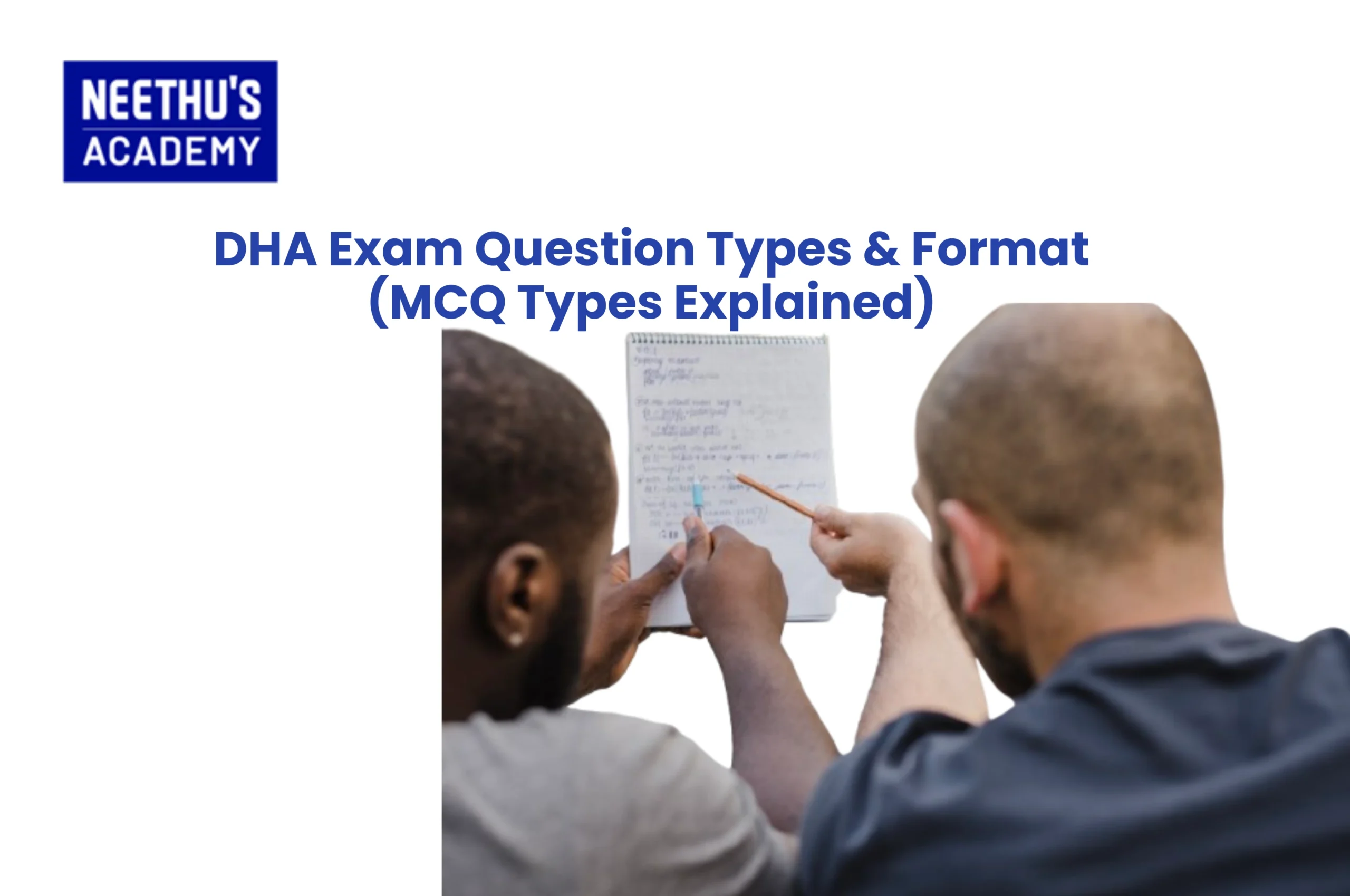Essay writing can be nerve-wracking at times. The IELTS writing task is no less of a challenge. In this test task, an…
Preparing for IELTS Computer-Based Test: Full Guide with Tips and Strategies
IELTS computer-based testing is gaining popularity among those who prefer typing over writing, faster results, and a smooth digital experience. As technology transforms the process of conducting tests, it is no wonder that the computer-based IELTS is gaining popularity. If you are looking to emigrate, study, or work overseas, becoming proficient in this version of the test is essential.
Unlike the traditional paper-based test, the computer version requires a different kind of preparation, especially in terms of typing speed, on-screen reading, and digital time management. This blog provides comprehensive information on preparing for the IELTS computer-based test, covering everything from format and tips to selecting the best IELTS coaching centre in Kerala for expert guidance.
Understanding the Exam Format
Although the content is the same, the computer-based test format of IELTS introduces a novel test-day experience. Following is a detailed description of each section:
Listening
Time: 30 minutes (with no additional transfer time as in paper-based IELTS).
You’ll have headphones and respond to the questions on the screen while listening to the recording just once.
Reading
Time: 60 minutes
You will receive three reading passages with 40 questions. You can scroll the screen, copy-paste answers, and highlight text.
Writing
Time: 60 minutes
Task 1 is a data or letter response. Task 2 entails writing an essay. You write responses, so proofreading and good typing speed are crucial.
Speaking
Time: 11–14 minutes
The same as the paper version – a face-to-face interview with an examiner in another room.
Understanding this format thoroughly helps you prepare not only content-wise but also for the digital arena, which makes computer-based test preparation for IELTS slightly different from the conventional process.
Advantages and Disadvantages of Computer-Based IELTS
To decide whether this format is appropriate for you, let’s discuss the advantages and disadvantages of the IELTS computer versus paper test.
Advantages:
Quick Results: Results are typically made public within 3 to 5 days.
Typing vs Handwriting: Typing is faster, easier to correct, and favored by most over handwriting.
New Features: Highlights on the screen, copy/paste responses, and a timer keep you on track.
Fewer Test-Takers: Computer-delivered IELTS is usually conducted in UMCs where there are fewer test-takers.
Disadvantages:
Typing Dependence: If you’re not used to working on the keyboard or typing, this will be a hindrance to your performance.
No Transfer Time for Listening: In a computer test, there is no extra 10 minutes to transfer your answers.
Eye Strain: Endless reading and writing on the screen can lead to fatigued eyes.
Digital Navigation: Navigating through different screens may be confusing for some.
If you work on a computer every day, the computer-based IELTS test can be beneficial to you.
How to Prepare Effectively
Preparation for the computer test is not just English learning, but also computer preparation.
This is how to effectively prepare for the IELTS computer test:
Get Familiar with the Test Interface
Practice for free or paid online computer-based IELTS practice tests so you become familiar with the navigation, timer, and tools available.
Develop Typing Speed and Accuracy
You need to type quickly, particularly for Writing Task 2. Practicing typing essays within time limits enhances efficiency.
Practice Time Management
Use strict timers when practicing IELTS online. Take 60 minutes for Reading and allocate it appropriately among the three passages.
Improve Grammar and Vocabulary
Typo mistakes are not even noticed. Superb grammar would ensure coherence and clarity.
Mock Tests Under Exam Conditions
Practice mock tests under test conditions with timed settings and no breaks. Take a complete-length IELTS computer-based practice test online once a week during your final preparation.
Best IELTS Coaching Center In Kerala
In case you are in Kerala, institutions such as Neethu’s Academy, the finest IELTS coaching centre in Kerala, offer effective training, especially to those seeking greater band scores.
Our specialities include:
Expert Coaching
24/7 support
Quality Materials
Immediate Feedback and corrections
Section-Specific Strategies & Tips
Each module needs to have specific strategies, particularly in the online version. Here’s how to prepare each one:
Listening
Apply IELTS online test advice to become adept at concentrating in stressful situations.
Apply the on-screen highlight function to underline keywords within questions.
You won’t get extra time to copy answers, so write them correctly while being recorded.
Reading
Use the “Ctrl+F” shortcut to quickly find keywords.
Practice skimming and scanning efficiently. Recognize gist, detail, and read-between-the-lines in a hurry.
Practice scrolling and alternating between questions and passages with a split-screen format.
Writing
Plan your essay structure before typing.
Keep a formal tone, use connectives, and avoid repetition.
Keep an eye on your word count on screen – no hand-counting required.
Speaking
Off the computer, practice mirror practice or partner speaking.
Practice Q&A in exam conditions with the help of Ernakulam IELTS coaching.
Keep your responses concise, unmemorized, and develop your ideas naturally.
Common Missteps & Last-Minute Advice
Some candidates lose marks simply due to avoidable errors. Avoid these avoidable pitfalls:
Not Practicing under Time Limits: Time pressures tend to lead to incomplete or rushed answers.
Ignoring Directions: For instance, “Write a maximum of two words” tends to be ignored.
Complexifying Answers: Keep answers straightforward, concise, and to the point.
Too Much Scrolling While Reading: Practice using on-screen tools so as not to waste time.
Last-Minute Reminders
Don’t learn anything new the night before the test.
Get plenty of sleep and drink water.
Go to the test centre early if possible to reduce stress.
Bring your passport and get there early.
Conclusion
Preparing for the computer-based IELTS is not merely about knowing the language, but knowing how to adjust your preparation to a computer mode. With the right strategies, consistent IELTS online practice, section-by-section preparation, and guidance of a good coaching centre, you can deliver confidently and receive the score you require.
Select your resources carefully, stick to the format, and above all, believe in your practice. The computer-based IELTS is new at first, but with a positive attitude, it can turn out to be your best chance.
Frequently Asked Questions
Use online practice websites, build typing speed, and conduct timed mock tests for simulating real situations.
Not at all! It has the same content and marks as the paper one, but it depends on your typing and technical proficiency.
Practice daily, good vocabulary, and expert tips through coaching can help you reach an 8.5.
A raw score of 27/40 is typically equivalent to a band score of around 6.5, depending on the test format
Related Blogs
- All Posts
- IELTS
Speaking in front of someone may not be everyone’s cup of tea. But when it is a mandatory criterion to attain your…
A perfect English language proficiency is strictly required for intending nurses to practice in English-speaking countries. IELTS and OET are the most…
Course Enquiry
Latest Posts
- All Posts
- canada
- CBT
- DELF
- DHA
- French
- GENERAL
- German
- Haad
- IELTS
- IQN NEW ZEALAND
- MOH
- NCLEX-RN
- NHRA
- OET
- OSCE
- Pearson Vue
- PROMETRIC
- PTE
- TOEFL
- Back
- NCLEX - NGN
- Back
- OET FOR PHYSIOTHERAPIST
- OET FOR PHARMACIST
- OET FOR DOCTORS



